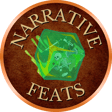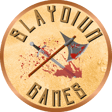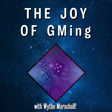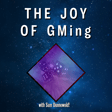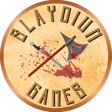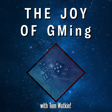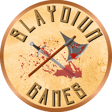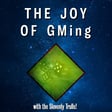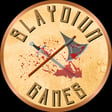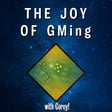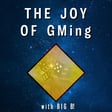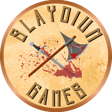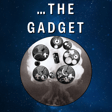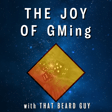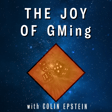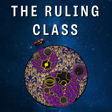
The Joy of GMing - with Special Guest Patrick Neagle
Welcome to the sister-series to Anywhere But Now— our Doctor Who Actual Play Podcast! Our special guest today is C. Patrick Neagle, GM & Host of the Gothic Podcast, the horror & humor actual play audio drama!
Join us for a lively chat about writing and running Monster of the Week, and running games with recognizable sci-fi & horror elements! Stick around and hear about Patrick's special project, A Deck of Lesser Things!
Eps will be released between mods or episodes with our ongoing, serialized show. We’ll cover some making-of and behind the scenes tidbits of our latest mod as well, so do stick around, with host Casey Jones!
Be sure to subscribe and leave a comment, and follow us on BluSky and Twitter for more updates. Send your questions & fan art to AnywhereButNowPodcast@gmail.com!
The show releases new episodes weekly of our main storyline or a special interview series, The Joy of GMing.
Learn more at our Discord: https://discord.gg/qmdUPzun7n
Music by Tabletop Audio
Theme by RJ Pirchinello
Come follow us and say hi!
Facebook: https://www.facebook.com/AnywhereButNowPod
Twitter: https://twitter.com/AnywhereButNow_
Blusky: https://bsky.app/profile/anywherebutnow.bsky.social
